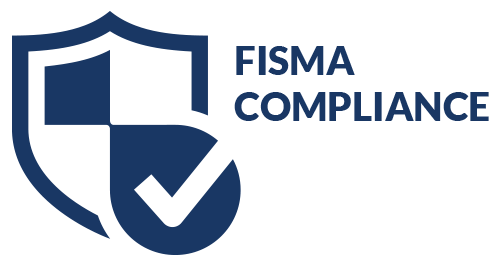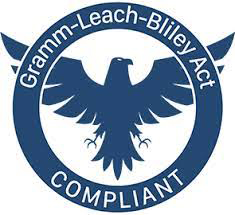The Statute of Limitations and Why It Should Matter to You
Statute of Limitations (SOL) is a time period allowed by the state for a creditor to assert their claim on a debt. The time period varies greatly depending on the type of contract (oral, written, promissory note or open-ended) and the state where the debtor resides. For example, the SOL can range from two years […]
What you should know about filing a Proof of Claim
What is a Proof of Claim? A Proof of Claim is a written assertion to the bankruptcy court, trustee, debtor and other interested parties that you, the creditor, wish to assert your rights to a distribution in a bankruptcy case. Filing a Proof of Claim may be your only avenue of potentially being paid by […]
Managing Accounts Receivable Portfolios in Troubled Times
We recently came across an article from 2001 written by Emil Hartleb, former Executive Director of the Commercial Collection Agency Association (CAAA). And although the article – entitled “Managing Accounts Receivable Portfolios in Troubled Times” – dates back more than a decade, its principals and teachings are very much applicable for today’s businesses and especially […]
Did You Open Your Business to Specialize in Collections?
Entrepreneurs, specialists and CEOs who operate companies did not open their respective businesses to collect on past-due accounts. Each started their business to provide a good or service to fill a need. Often, there is not sufficient time, resources or understanding of the best way to collect on past-due payments. Many wonder: How soon after […]
Handling Attorney Representation (The Right Way)
Scenario: You have a customer who owes you money for a product provided months ago. They have ignored your letters and avoided your phone calls. Finally, you’re able to speak to your contact and she tells you, “Talk to my lawyer, Bill Jones at Jones & Associates!” This is followed by a prompt click and dial […]
The Truth About Receivership
If you have ever dealt with slow or late paying business accounts, you may recall the occasional customer who was in “receivership”. But just what does this term mean? In this edition of A/R Insider, we’re setting the record straight to help you avoid any future uncertainty or confusion when dealing with such cases. A receivership […]
Bankruptcy Basics
You may be aware there are several classifications of bankruptices, but do you know what each type means and what distinguishes them from one another? Having a basic understanding of bankruptcy classifications and their restrictions could play an important role in your collection efforts. Allow us to explain. Voluntary vs. Involuntary For starters, there are two types of bankruptcy: voluntary and involuntary. A voluntary bankruptcy […]
Is Your Collection Agency CCAA Certified?
Does your collection agency promote that they are certified by the Commercial Collection Agency Association (CCAA)? If not, it may be time for you to re-evaluate your relationship with them. That’s because agencies must meet a strict set of guidelines set forth by the CCAA to become certified. In addition, CCAA members are the only group of […]











